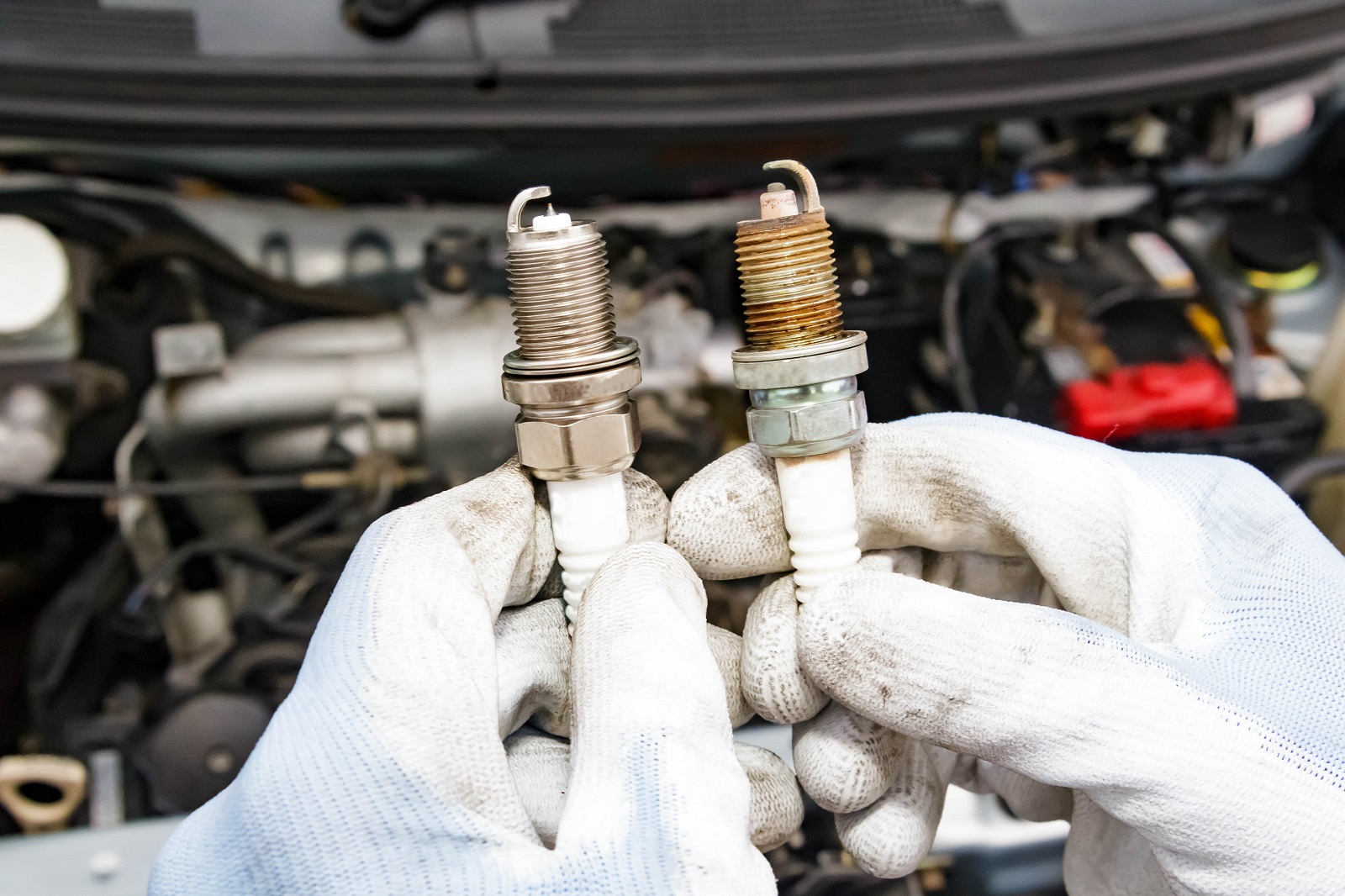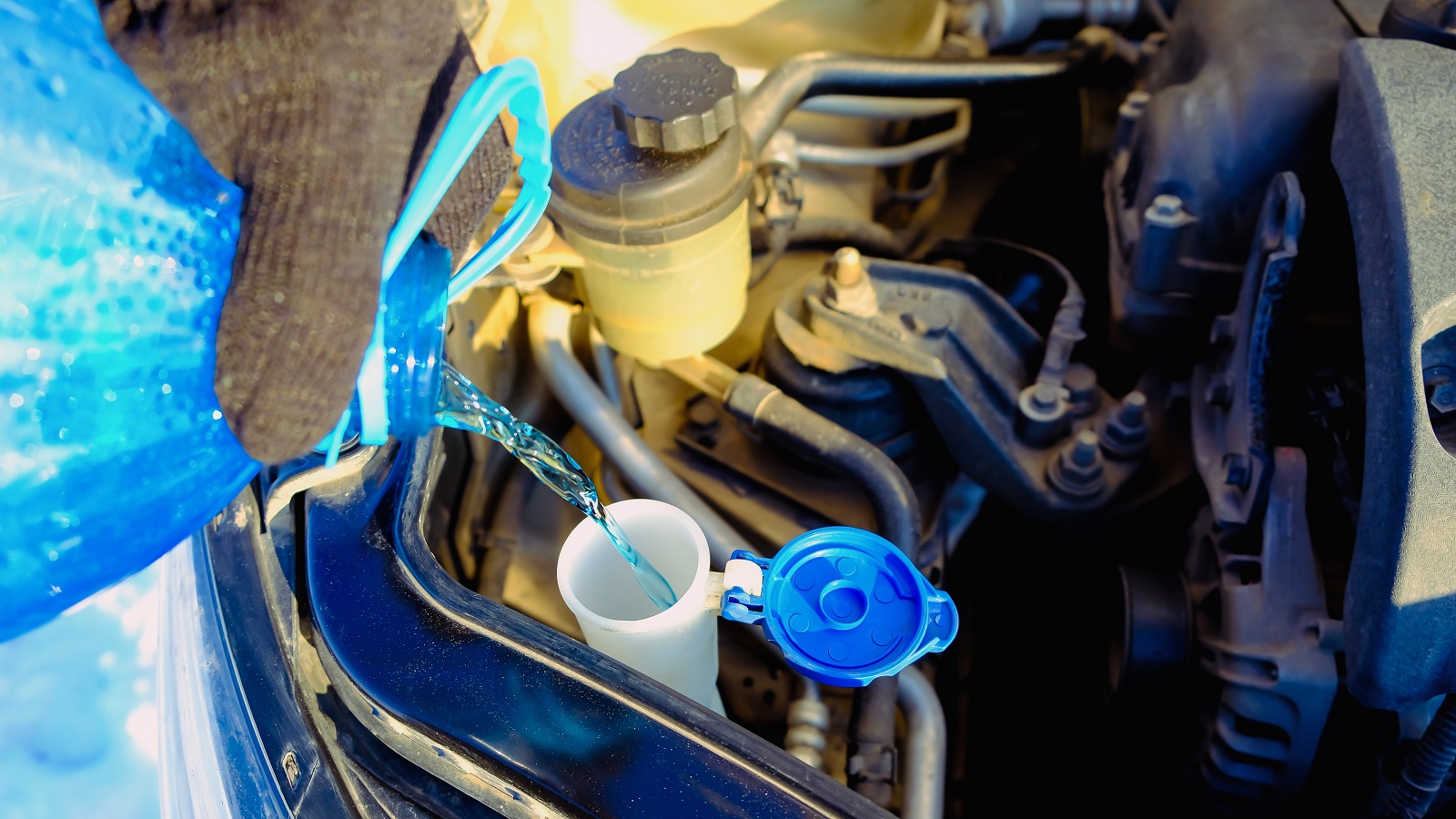Understanding the less straightforward side of car maintenance can save you from overpaying at the repair shop. Have you ever wondered if you’re getting a fair deal on your car repairs?
1. Unnecessary Replacements

Image Credit: Shutterstock / Somchai_Stock
Some mechanics suggest replacing parts that still have life left in them. Always ask to see the wear on the part and compare it to manufacturer guidelines before agreeing to a replacement.
2. Overcharging for Labor

Image Credit: Shutterstock / chalermphon_tiam
Labor costs can vary significantly. Be wary if the hours billed exceed the standard time it should take to complete the job, as outlined in automotive guides.
3. Using Generic Parts but Charging for Premium

Image Credit: Shutterstock / stella_photo
Watch out for mechanics who install generic or aftermarket parts while billing you for high-end or OEM parts. Request to see the packaging or part numbers to verify.
4. Recommending Frequent Oil Changes

Image Credit: Shutterstock / H_Ko
The old rule of changing oil every 3,000 miles is outdated for many modern cars. Check your owner’s manual for the recommended interval and question any push for more frequent changes.
5. Inflating the Cost of Fluids

Image Credit: Shutterstock / Evgenius1985
Mechanics might charge exorbitant prices for basic fluids like windshield washer fluid or coolant. Know the market price and consider supplying your own if the markup is too high.
6. Padding the Bill with Miscellaneous Fees

Image Credit: Shutterstock / Mangkorn Danggura
Beware of vague line items like ‘shop fees’ or ‘service charges.’ Ask for a breakdown of these costs and how they relate to your car’s repair.
7. Exaggerating the Urgency

Image Credit: Shutterstock / Standret
Some shops play on your fears, claiming a part must be fixed immediately for safety. Get a second opinion if a repair seems pushed for non-critical issues.
8. Complex Language to Confuse

Image Credit: Shutterstock / NikolaVukovic
Mechanics may use technical jargon to make a problem seem more complex than it is. Ask for explanations in simple terms and don’t be pressured by confusing language.
9. Ignoring Warranties

Image Credit: Shutterstock / Pongchart B
Ensure the mechanic checks if your car is under warranty for the issue at hand. Some may overlook this to charge you directly.
10. Charging for Diagnostic Tests You Don’t Need

Image Credit: Shutterstock / worawit_j
While diagnostics are essential, some shops run unnecessary tests. Know what diagnostics are needed for your issue and question any that seem excessive.
11. Failing to Offer Used or Rebuilt Options

Image Credit: Shutterstock / David Tadevosian
Not every replacement requires a new part. Ask about used or rebuilt parts, which can be just as effective and far cheaper.
12. Performing Unapproved Work

Image Credit: Shutterstock / Artit Wongpradu
Some mechanics start work without your explicit approval, then bill you for it. Insist on written estimates and authorize only the work you agree to.
13. Duplicate Charges

Image Credit: Shutterstock / Drazen Zigic
Double-check your bill for repeated items or services. It’s easy to miss a duplicated charge in a long list of repairs.
14. Skipped Preventive Maintenance Advice

Image Credit: Shutterstock / Gumbariya
Mechanics may skip suggesting preventive maintenance that could save you money long term, focusing instead on more immediate, costly repairs.
15. Overlooking Simpler Solutions

Image Credit: Shutterstock / KOTL
Complex repairs bring in more money, so simpler fixes may be ignored. If a major repair is suggested, ask if there are less invasive alternatives.
16. Upselling Unnecessary Services

Image Credit: Shutterstock / Roman Zaiets
Be cautious of being sold additional services like fuel injector cleaning or air filter replacements that your car may not yet need.
17. Not Honoring Price Matches

Image Credit: Shutterstock / Drazen Zigic
Some shops promise to match lower prices found elsewhere but find excuses not to honor this. Have competitive quotes in hand and hold them to their policy.
18. Warranty Work Sent to Dealer

Image Credit: Shutterstock / Reshetnikov_art
Independent shops might send you to a dealership for warranty work, missing out on simpler fixes they could do. Always check if the shop can handle the warranty work themselves.
19. High-Pressure Sales Tactics

Image Credit: Shutterstock / My Ocean Production
High-pressure sales can lead to rushed decisions. Take your time to decide on repairs, especially if they’re expensive or extensive.
Stay Informed and Proactive

Image Credit: Shutterstock / Artit Wongpradu
By being alert to these common tricks, you empower yourself to question and negotiate your car repairs. Knowledge is your best defense against inflated costs, ensuring your car gets the care it needs without draining your wallet. Always seek transparency and fairness in your dealings with mechanics.
18 Countries That Don’t Want American Visitors

Image Credit: Shutterstock / InesBazdar
It’s time for a reality check, American travelers. As you pack your bags and head overseas, ready to stamp your passport, it’s becoming glaringly obvious that not every destination is thrilled to see you. 18 Countries That Don’t Want American Visitors
18 High-Crime Cities in the US You Should Avoid

Image Credit: Shutterstock / Iryna Inshyna
American cities promise rich culture and unforgettable experiences, but rising crime rates can catch travelers off guard. This guide helps you stay safe while fully enjoying your adventures. 18 High-Crime Cities in the US You Should Avoid
What Cruise Lines Don’t Want You to Know: 20 Candid Insights

Image Credit: Shutterstock / Pavel L Photo and Video
Thinking about booking a cruise for your next getaway? Let’s have a real talk first. While cruising might seem like a breezy way to see the world, there are a few not-so-sunny truths that might make you reconsider. What Cruise Lines Don’t Want You to Know: 20 Candid Insights
Featured Image Credit: Shutterstock / PeopleImages.com – Yuri A.
The content of this article is for informational purposes only and does not constitute or replace professional advice.
The images used are for illustrative purposes only and may not represent the actual people or places mentioned in the article.
Tips for Trip Success
Book Your Flight
Find an inexpensive flight by using Kayak, a favorite of ours because it regularly returns less expensive flight options from a variety of airlines.
Book Your Hotel or Special Accommodation
We are big fans of Booking.com. We like their review system and photos. If we want to see more reviews and additional booking options, we go to Expedia.
You Need Travel Insurance!
Good travel insurance means having total peace of mind. Travel insurance protects you when your medical insurance often will not and better than what you get from your credit card. It will provide comprehensive coverage should you need medical treatment or return to the United States, compensation for trip interruption, baggage loss, and other situations.Find the Perfect Insurance Plan for Your Trip
PassingThru is a participant in the Amazon Services LLC Associates Program. As an Amazon Associate I earn from qualifying purchases.
To view PassingThru’s privacy policy, click here.
